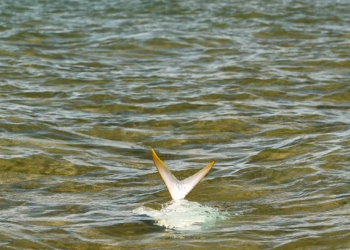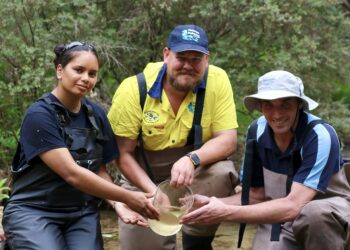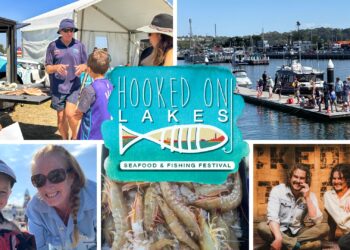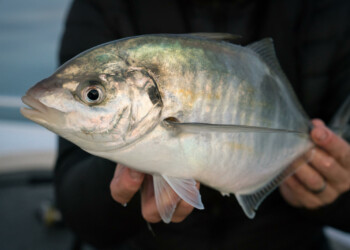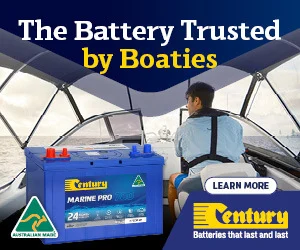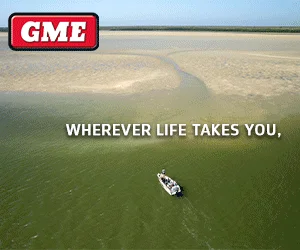IF you thought that marine park lockout zones were the biggest threat to recreational fishing in NSW, the latest NSW DPI Animal Welfare Reform process has put paid to that.
As previously covered in Fisho here, the NSW Government has committed to “modernising and streamlining animal welfare laws” and has invited public comment on various proposals contained in a discussion paper.
One of the main proposals is to add invertebrates, such as crustaceans and cephalopod molluscs, to the list of animals (including fish) which are to be covered under a revised and streamlined animal welfare Act “at all times”, which includes not only in captivity, but also when they are in the wild.
As anglers we all agree that ensuring the welfare of fish, crustaceans and molluscs is important, especially as recreational fishers have been fighting hard for clean water and healthy fish habitat for decades, both of which are essential for good fish welfare. But a healthy aquatic environment is a food chain where countless numbers of fish and aquatic invertebrates die each day as food for other predatory fishes and invertebrates.
This is at odds with the Government’s proposal to have their new Act consistent with the “Five Freedoms and Five Domains” models of animal welfare which were originally devised to protect captive terrestrial animals. On face value, the Government’s commitment to “Set a minimum care requirement for those responsible for animals” is something we can all agree with. However, as always with these things, the devil is in the details.
By aiming to implement legislation that enforces “five freedoms”, as warned by the Recreational Fishing Alliance of NSW (RFA) there is a real danger of “unintended consequences” which could lead to situations where normal, law abiding recreational anglers could be prosecuted for using a live prawn or fish for bait, releasing a legal sized fish or participating in a catch and release fishing tournament , especially if fish are held in live wells or in display tanks prior to release.
Some may say “it would never happen”. But it has already, with voluntary catch and release and fishing tournaments already banned in Germany. New welfare laws in Florida have recently seen animal rights groups trying to prosecute aquaculturists for premature deaths of juvenile salmon. In this case, the salmon farmer Atlantic Sapphire developed land-based tanks (not the seacages normally used to rear salmon), as they tried to avoid environmental damage from nutrient loading and interactions with predators such as seals and sharks. However landbased fish farming is technically challenging, and in trying to do the right thing by the environment, the company concerned is now dealing with a prosecution by animal rights group Animal Outlook.org, who are alleging 800,000 cases of animal cruelty and seeking multi-million dollar fines and jail time.
Aquatic food chains are characterised by high natural mortality rates as everything eats everything else from the larval planktonic stages upwards. Literally countless billions of aquatic organisms die naturally each day, but under animal welfare regulation, there is no such thing as “natural mortality”, and every individual fish, crab, prawn and squid is deemed to have certain rights. Which is why its important for anglers to ask that the ground rules for these new regulations are made very clear, to avoid the inevitable attempts by animal rights groups to gain publicity and potential legal precedents by prosecuting anglers in “edge cases” like live baiting, releasing legal sized fish, holding live fish in fishing tournaments, and so on. Aquaculture groups should also be concerned, as shown by the Atlantic Sapphire precedent.
To have your say, fill out the online survey, or send a submission to animalwelfare.submissions@dpi.nsw.gov.au. Submissions have been extended to now close on 17 September 2021.












